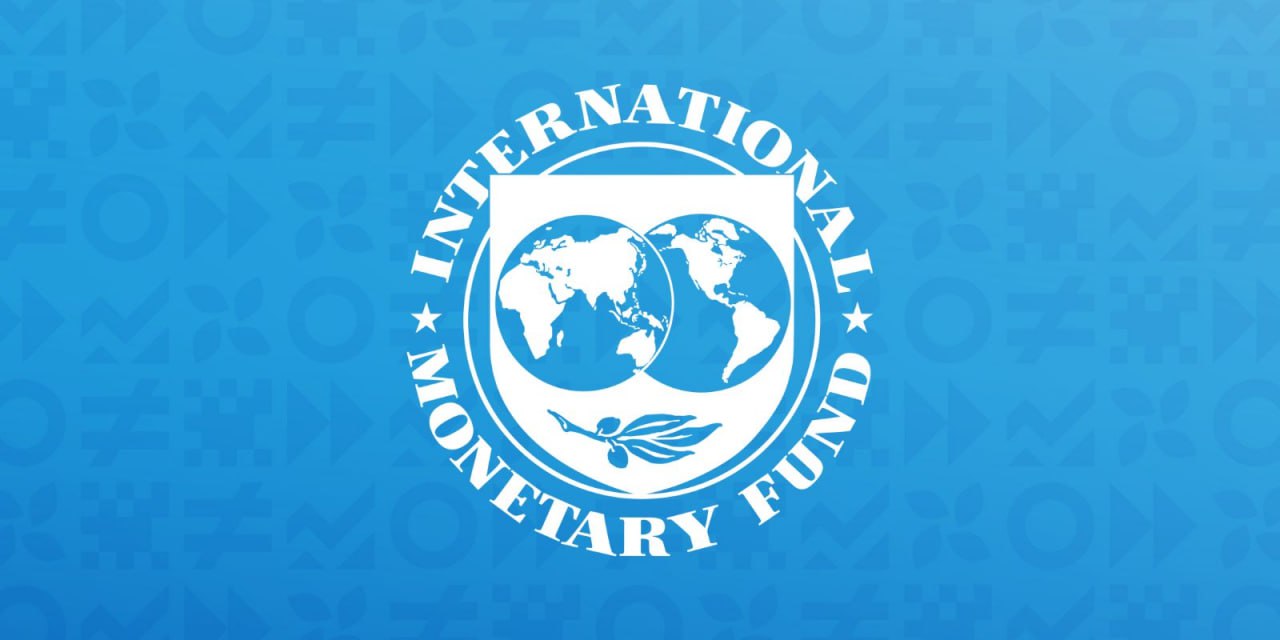- Details
- East Africa
- 666
In mid-October, the Executive Board of the International Monetary Fund (IMF) is anticipated to authorize the release of 10% of the newly agreed USD 3.4 billion Extended Credit Facility (ECF) for Ethiopia.
In her latest press briefing, Julie Kozack, Director of the Communications Department of the IMF, stated that a Staff-Level Agreement on policies for the First Review under the program has been conducted recently, “and consideration by our Executive Board is scheduled for October 18th.”
A staff team from the IMF, led by Alvaro Piris, was in Addis Ababa from September 17 to 26, 2024, to discuss progress on reforms and the authorities’ policy priorities in the context of the first review of Ethiopia’s economic program supported by the IMF’s ECF, which was approved on July 29.
After the visit, Piris stated that the IMF staff team and the Ethiopian authorities have reached a staff-level agreement on the first review of Ethiopia’s economic program under the ECF arrangement.
“The agreement is subject to the approval of IMF management and the Executive Board in the coming weeks. Upon completion of the Executive Board review, Ethiopia would have access to SDR 255.60 million (USD 345 million),” he said.
On Thursday, October 3, Kozack underlined that the IMF financing, which is about USD 3.4 billion, is the IMF’s largest program under its Poverty Reduction and Growth Facility to date. From the approved amount, about USD one billion (30 percent of the total amount) was disbursed immediately after the board approved the program.
“I would also like to add that the program aims to fill an external financing gap, which is estimated at USD 10.7 billion through 2027/28. And there is broadly equal burden sharing in filling this gap between the IMF, Ethiopia’s development partners, and debt treatment under the Common Framework,” she added. Capital






